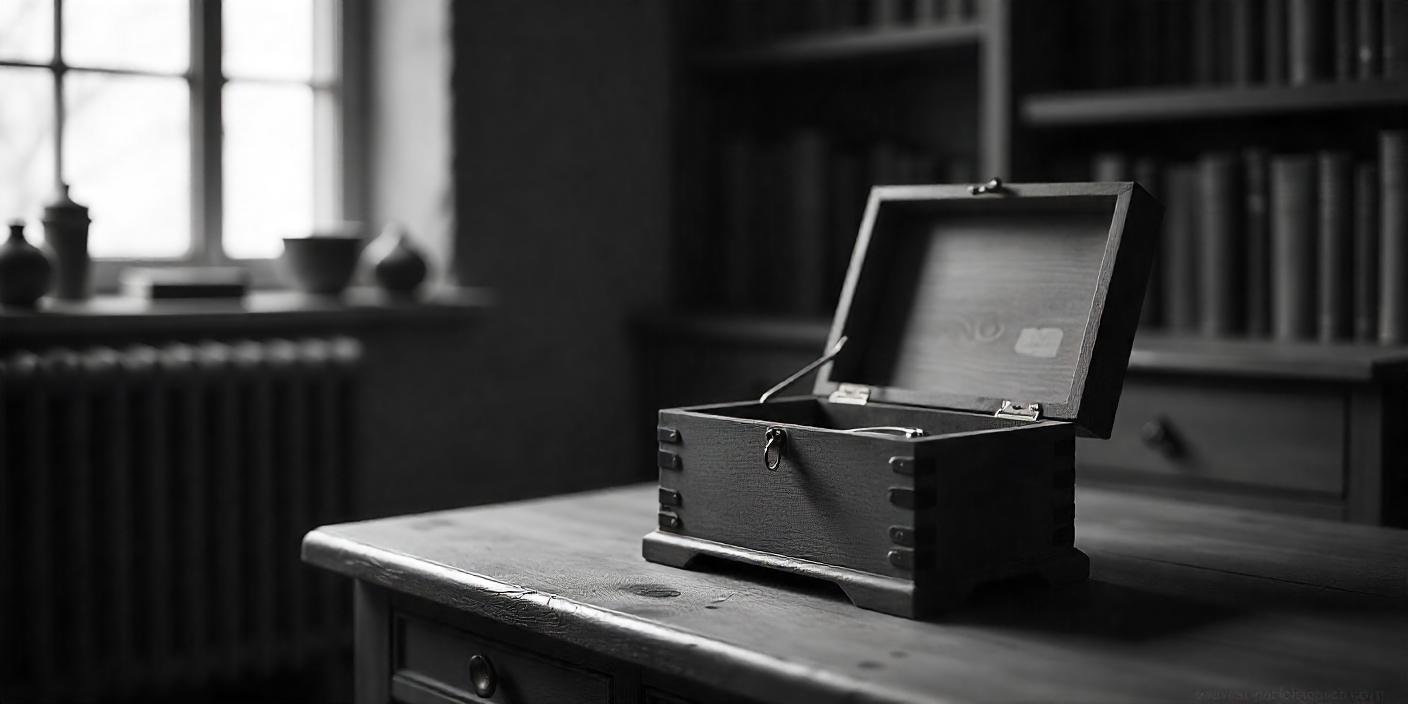There are moments in life that split things wide open.
A smell.
A word.
A dream.
A touch.
And suddenly, what you couldn’t remember—or weren’t ready to—comes flooding in. Fragmented. Confusing. Terrifying. Familiar.
If you’re an adult beginning to recall or feel the weight of repressed childhood sexual abuse (CSA), first: you are not alone, and you are not broken.
What’s happening to you is not uncommon. It’s deeply painful. It’s disorienting. And yes—it’s real.

Why Memories of CSA Can Resurface Later in Life
Many survivors of childhood sexual abuse repress memories for years, even decades. This is not denial—it’s a brilliant survival mechanism. When the abuse was happening, your young mind may have locked it away so you could continue to function. Your brain was protecting you the best way it knew how.
As adults, certain life events can trigger the return of these memories:
-
A new intimate relationship
-
Becoming a parent
-
A similar violation or trauma
-
Therapy or bodywork
-
A major life transition
-
Random triggers like scents, sounds, or even phrases
These memories often don’t come back as clear, movie-like recollections. They can emerge as:
-
Body memories (pain, tension, or sensations with no “logical” cause)
-
Flashbacks or intrusive images
-
Nightmares
-
Sudden emotional overwhelm or panic
-
Strong inner child responses (feeling small, helpless, ashamed)
-
Cognitive dissonance or confusion
You may find yourself thinking, “But how do I know it’s real?”
That doubt is normal—and often part of the trauma response itself.
The Pain of Remembering
Remembering is painful. There’s no way around that. What was once buried is now raw. It can shake your sense of identity, your relationships, your understanding of the past.
You may feel:
-
Deep shame or self-blame
-
Rage at what happened—and who didn’t protect you
-
Grief for the childhood you didn’t get to have
-
Fear of what others will think if you speak up
-
Confusion about your body, sexuality, or boundaries
This emotional storm doesn’t mean you’re losing it. It means you’re beginning to face what you’ve long carried silently.
What Helps When the Past Cracks Open
1. Go Gently
You do not have to “figure it all out” at once. Trauma recovery is not a sprint. Go at your own pace. It’s okay to pause, to breathe, to ground yourself when things feel too big.
2. Find a Trauma-Informed Therapist
You don’t have to navigate this alone. A therapist trained in CSA and trauma can help you hold the pieces, validate your experiences, and work with your nervous system—not against it.
3. Validate Your Reality
What you’re remembering may be vague or non-linear. That doesn’t make it less real. Your body remembers. Your feelings matter. Trust your instincts. You don’t need external “proof” to start healing.
4. Write or Create
Journaling, poetry, drawing, movement—these are powerful tools for processing what words can’t always express. Expressive arts can help your mind and body integrate memories gently.
5. Connect With Other Survivors
CSA can feel isolating—but there are many others walking this path too. Survivor communities, books, support groups, and online spaces can remind you: you are not alone.
6. Establish Safety in the Present
Use grounding techniques. Practice saying no. Create rituals that comfort your body. The more safety you build now, the easier it becomes to face what was unsafe then.
What You’re Feeling Makes Sense
You may feel overwhelmed. Angry. Numb. Sad. Dissociated. All of it is valid.
You may want to confront someone—or never speak of it again. That’s okay too.
You may wonder if you’ll ever feel whole.
You can. And you will. But wholeness doesn’t mean forgetting. It means making room in your life for everything you’ve been through—and honoring the strength it took to survive.
Final Words: You Are Not Broken. You Are Remembering.
When the past cracks open, it can feel like your world is collapsing. But often, what’s really happening is this:
Your body has decided it’s time to heal.
Not because it’s easy.
But because you’re finally safe enough to feel what you couldn’t feel back then.
That’s not weakness. That’s courage.
That’s not falling apart. That’s coming home to yourself.
You’re not alone.
You’re not crazy.
You’re remembering—because you’re ready to heal.











